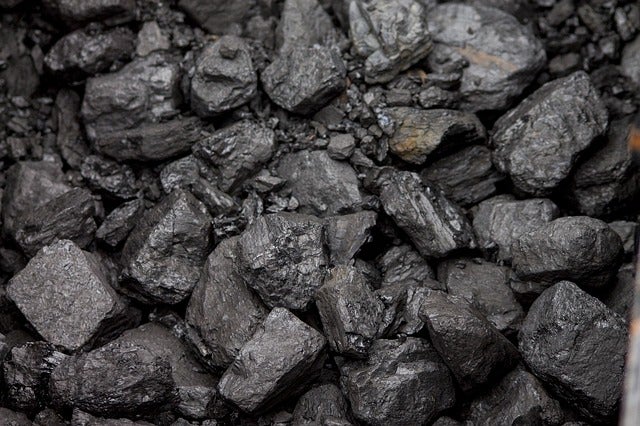
Despite heightened global awareness of the risks of climate change, the G20 now spend more than $60bn (£47bn) on coal power subsidies annually, tripling their investment in recent years.
India and China are among those right at the top of the list, with the former’s banking system being dominated by a variety of public institutions which combined provide more than $10bn (£7.9bn) per year in public finance for coal mining and power domestically.
The latter, meanwhile, in stark contradiction to its pledge to reduce coal consumption to 58% of its total energy mix by 2020, spends almost $10bn (£7.9bn) in public finance on the environmentally-damaging power source every year.
The figures come courtesy of a report by the Overseas Development Institute and others, the executive summary of which read: “A decade on from their commitment to phase out subsidies to fossil fuels, G20 governments continue to provide billions of dollars for the production and consumption of fossil fuels.
“This report finds that they provide at least $63.9bn (£50bn) per year in government support to the production and consumption of coal alone, with almost three-quarters of the support identified being directed to coal-fired power production.”
“At a time when tackling the climate crisis requires leadership and strong action from G20 countries, which account for 79% of global emissions, it is imperative that their governments transition away from all fossil fuels, including coal.”

Japan also heads G20 in coal power subsidies
Japan, this year’s G20 host, provides $5.2bn (£4bn) in overseas public finance for coal power despite its prime minister Shinzo Abe’s calls for a worldwide response to global warming.
Meanwhile, much of China, Canada and Germany’s public spending on coal is reportedly reserved for the rehabilitation of mining sites, as well as helping workers and communities.
The report notes, however, the limited availability of information pertaining to the ultimate beneficiaries of this support and any conditions with which it may be apportioned.
“Our research has also identified numerous mechanisms provided by governments purportedly for energy transition, but that in fact continue to support coal-fired power,” it read.
“These include subsidies for capacity mechanisms (designed to guarantee security of power supply) in France, Germany, Italy, Russia, South Korea, Turkey and the UK, the allocation of free allowances to industry under the European Union Emissions Trading Scheme (EU ETS), research and development (R&D) support for coal-fired power generation with carbon capture and storage, and for co-firing of biomass with coal.”
The report stipulates the following objectives as a means by which to reverse the trend:
• urgently agree to a complete phase-out of government support to coal mining and coal-fired power, and complete peer reviews of coal and other fossil fuel subsidies by 2020,
• establish country-level plans for ending government support to coal, ensuring mechanisms with the stated aim of assisting the energy transition do not support coal production and consumption, and any remaining support facilitates a “just transition” for workers and communities, and target the most vulnerable groups during the energy transition,
• establish a standing agenda item in G20 Energy Ministerial meetings to share lessons learnt on phasing out government support to coal – and other fossil fuels – and to track progress towards phasing out coal, with support from the Organisation for Economic Co-operation and Development (OECD), the International Energy Agency (IEA), the International Monetary Fund (IMF) and other influential organisations.






